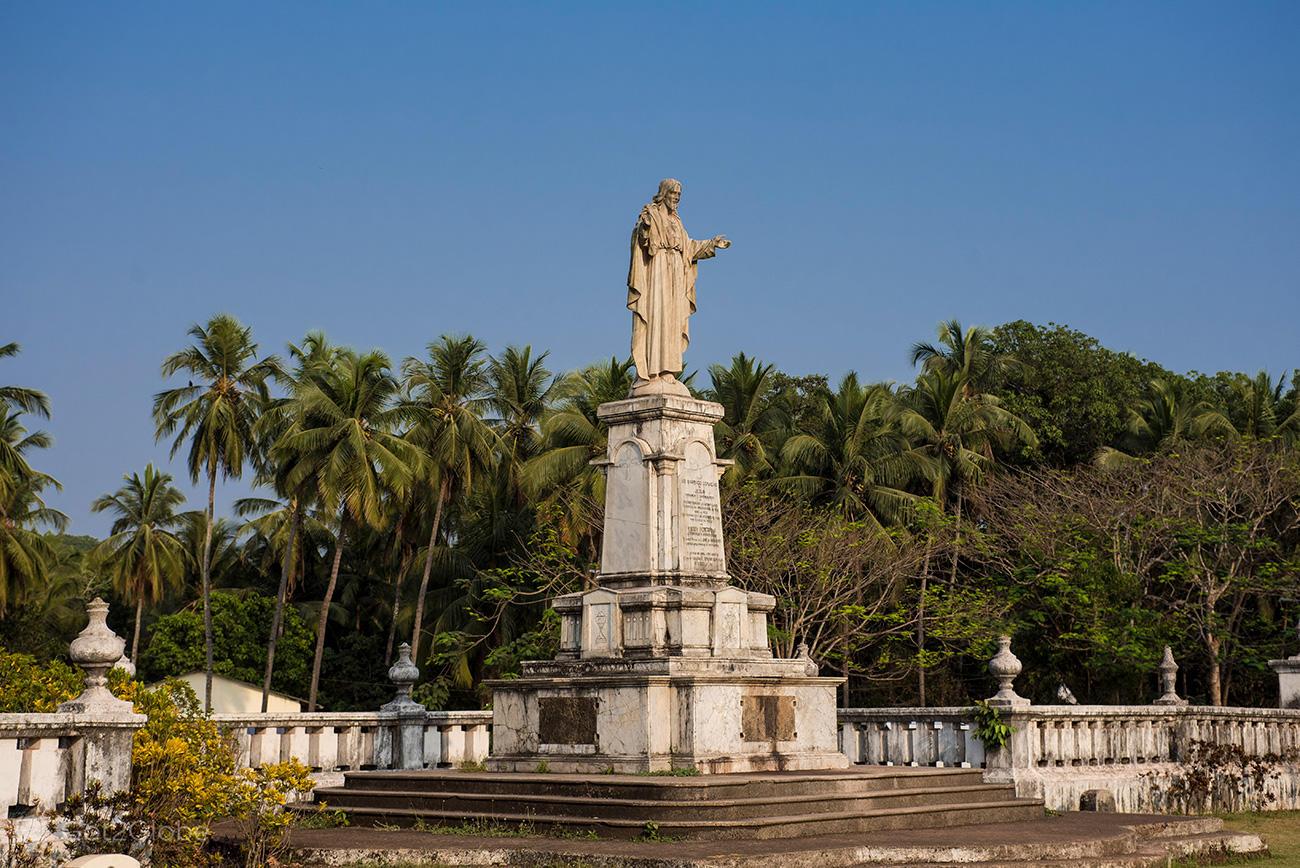
Conquerors: How Portugal Forged the First Global Empire by Roger Crowley
My rating: 4 of 5 stars
As Roger Crowley explains in “Conquerors”, in the early 16th century Portugal, a poor country on the periphery of Europe, came to control trade in the Indian Ocean thanks to bravery, cruelty, navigation skills and cannons. They fought against kings and sultans on the Swahili Coast of Africa and the Malabar Coast of India with no more than 1500 troops at a time. Before they could start fighting they had to find a way to the Indies and did this after eighty years of working their way down the coast of West Africa.
“Behind the Africa initiative lay a very old dream of militant Christendom: that of outflanking Islam, which blocked the way to Jerusalem and the wealth of the East.”
This is a story to rival or even eclipse those Columbus discovering America, Cortes conquering Mexico and Pizarro doing the same in Peru. But the names of Vasco da Gama, the Portuguese captain who made it around Africa, and Alfonso de Albuquerque the man who consolidated the Portuguese presence in India are not so well known. The Indians didn’t manage to get the Portuguese out of Goa until the 1960s! Magellan, the captain who circumvented the world under Spanish patronage, is the only Portuguese explorer the Anglo world taught me about as a kid — and then I grew up to discover Magellan was killed halfway through the journey! In the Indies, the Portuguese were known as the Franks or Ferengi, the common term for Christian Westerners at the time. The Thais call us Farang to this day.
The Portuguese made it around Africa with the counter-intuitive move of sailing away from the West African coast. This allowed them to catch the winds to take them past the bottom of Africa. This way they discovered Brazil, sailing too far west and landing there by accident. But “Conquerors” does not deal with South America. Once in India, da Gama was surprised to meet with some Castilian speaking Tunisians and find a thriving multicultural civilization. The rulers were generally Hindus but the traders were Muslim, due to the fact that it was taboo for Hindus to eat at sea. The Muslims knew all about Europe and Asia, but the Christian knowledge of the world at the time was limited. Da Gama caused havoc in India before having to sail back before the Monsoon.
After da Gama, Almeida and Albuquerque solidified the Portuguese position. They used diplomacy, threats and terror to achieve their aims. One terror tactic was cutting off the noses ears and hands of Muslim prisoners and then setting them free. Albuquerque was a skilled leader and commander, introducing pike-wielding phalanxes of foot soldiers, much to the disgust of the noblemen who wished for the glory of one on one combat. Albuquerque, following the orders of King Manuel, made a real attempt to control the Red Sea and from there the plan was to launch an attack on Jerusalem, but the failure to capture the city of Aden scuttled these plans. Portuguese pressure in the area was one of the factors in a shift of power in the Muslim world, away from the Mamluk Sultans in Cairo to the Ottomans in Turkey. “Conquerers”, however, does not give much information on the politics of the Middle East and India — which is fair enough, otherwise, this manageable, concise work would balloon out in length. The Venetians, who had controlled the entry of spices into Europe worked with the Muslims to try and get the Portuguese out of the Indian Ocean.
My interest in the Portuguese Empire was sparked by a visit to a Brazilian BBQ in Shanghai in 2007 called Vasco da Gama. “What does Vasco da Gama mean?” I asked. Despite being twenty-eight I had no clue – I’d been to Macau and seen the Portuguese colonial buildings, the azulejos, the calcadas and eaten the Portuguese tarts – but I had no idea how the Portuguese got to Macau. Slowly I’ve been piecing it all together – it’s quite the job as the Portuguese made it to the most far-flung places and often didn’t leave much behind.
Crowley maps the Portuguese progression clearly, occasionally I encountered sentences that made no sense or something mentioned in the narrative that would not be explained until much later. This is minor quibbling, Crowley, like Max Hastings, can condense a huge amount of information and turn it into a cohesive narrative. I’d say one of his strengths is relating the tactics of maritime battles. I’m sure he had a lot of help with the translation of original sources, his bibliography looks pretty thorough. Crowley’s message is that the Portuguese were cruel and backwards compared with the civilizations of the East, but they were great navigators and incredibly determined and astute with the trump card of superior weaponry.
View all my reviews
